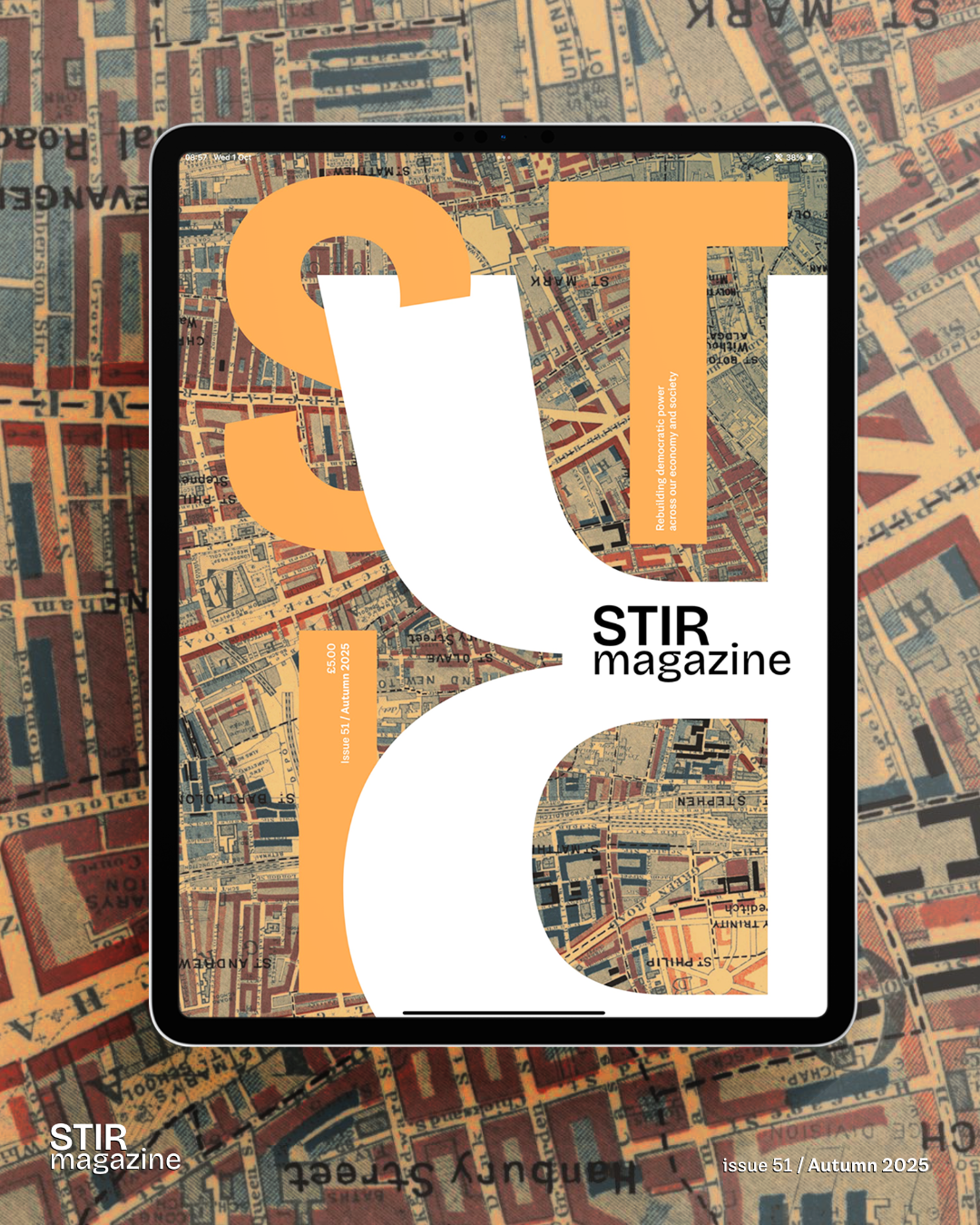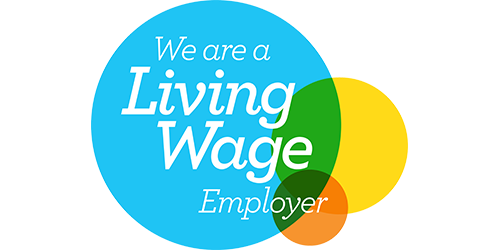In this issue, we explore how ideas about democracy, economy, and community are reshaped when we look closely at the institutions and infrastructures that underpin everyday life. If the last issue asked us to reckon with the legacies of philanthropy and technocratic governance, this one asks us to think about the social and political logics still shaping our present – and what alternatives might already be in view.
In my interview with Tehila Sasson about The Solidarity Economy: Nonprofits and the Making of Neoliberalism, she offers a striking challenge to the common narrative of neoliberalism’s origins. By tracing its development not just from the political right but also through the British Left and the growth of nonprofits, Sasson shows how humanitarian organisations such as Oxfam and Christian Aid helped pioneer new forms of “ethical capitalism.” Her work reveals a complicated story of postcolonial continuities, fair trade, and moral enterprise – one in which nonprofits became both vehicles of solidarity and actors that legitimised market logics.
Alongside this historical perspective, Luke Billingham invites us to think about social infrastructure “from the cage.” As a youth worker in Hackney, Billingham highlights how seemingly modest urban structures – the concrete enclosures used for football, basketball, and play – become charged spaces of freedom, danger, ownership, and exclusion. His essay reminds us that social infrastructure is never neutral: it is always contested, and always shaped by who feels they belong. The cage becomes a powerful lens for thinking about what young people need in order to flourish, and about what we choose to value in our towns and cities.
We also feature a newly edited version of an essay by Ed Wallis who revisits the Fabian tradition to argue that communitarianism – ‘long a subplot in Labour’s history’ – now offers the clearest direction for social democracy. By looking back to figures such as G. D. H. Cole and R. H. Tawney, he suggests that the Left can no longer rely on the big state alone. Instead, it must build a politics rooted in fellowship, community power, and the redistribution not only of wealth but of agency itself.
Together, these pieces highlight the enduring tension between systems that centralise power and those that seek to decentralise it. They remind us that the future of democracy lies not only in what policies we pursue, but in how deeply we embed them in everyday life: in neighbourhood cages, in the moral economy of nonprofits, and in traditions of thought that build democratic power.
Subscribe to STIR magazine to read the Autumn Issue and to access the entire archive of articles, interviews, profiles and more via Exact Editions.






